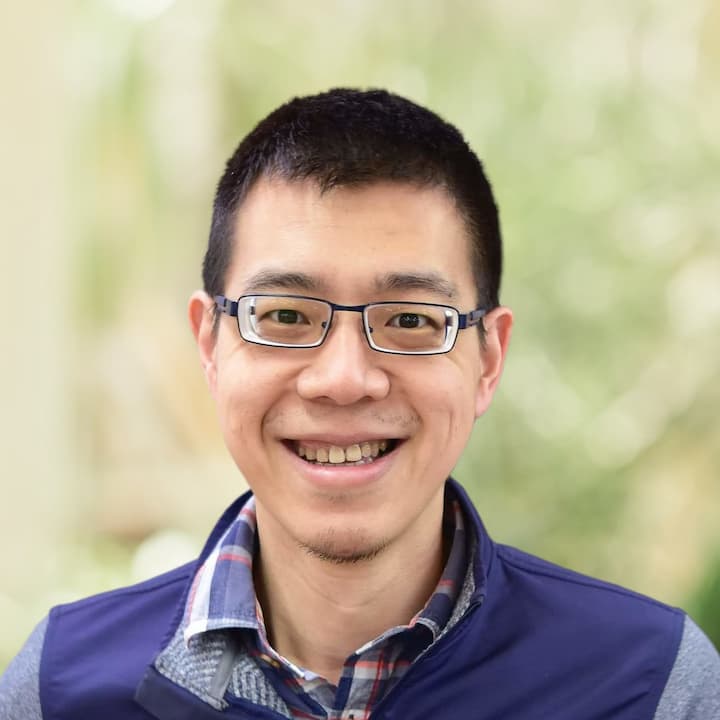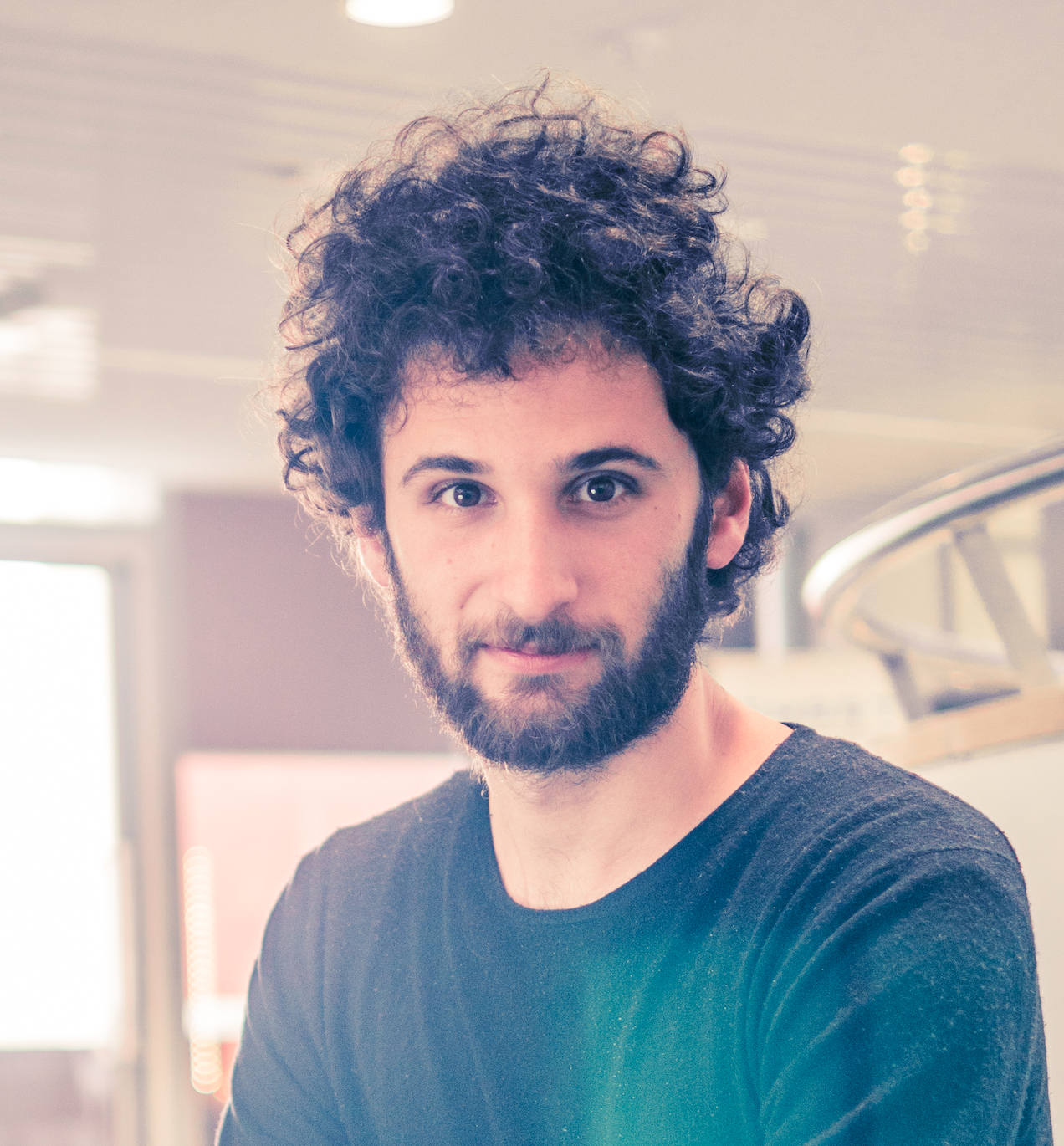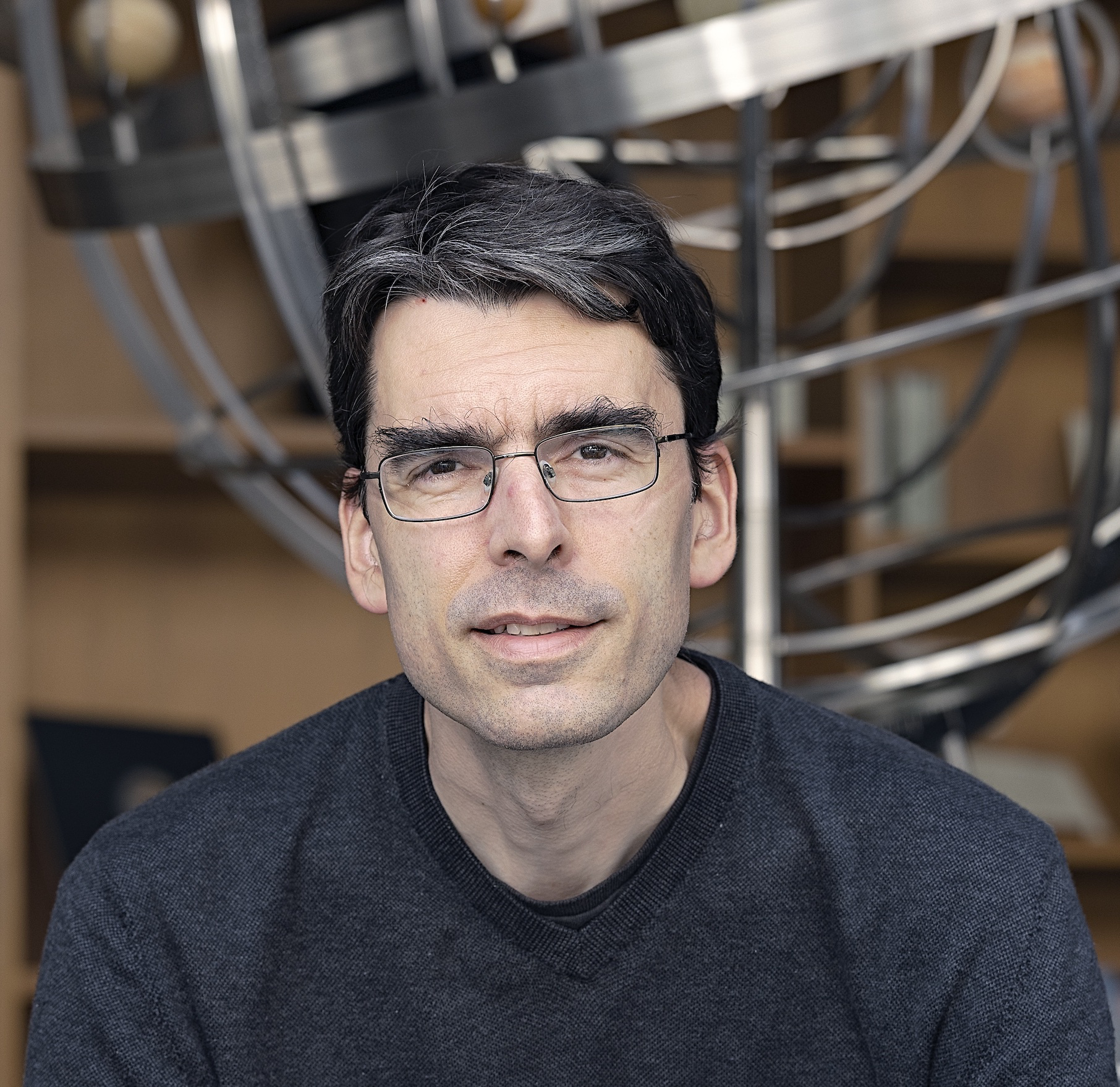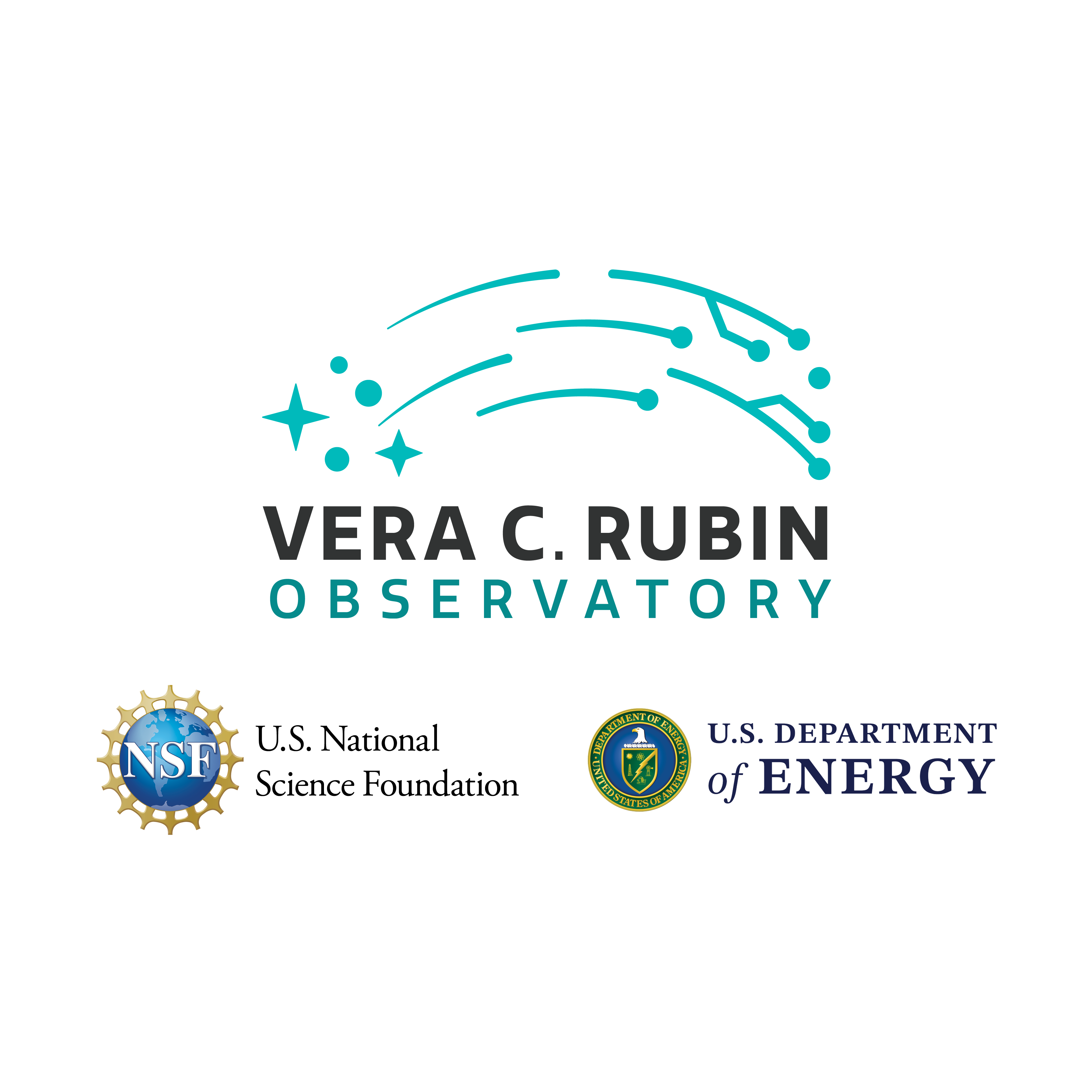Plenary: Rubin Research Spotlights
The Rubin Community Workshop 2025 Science Organizing Committee has invited four speakers doing meritorious, timely, Rubin-related research to speak on their work.
Speakers:
- Yao-Yuan Mao
- Igor Andreoni
- Anja von der Linden
- Mario Jurić
Yao-Yuan Mao

Title: In Search of: the Nature of Dark Matter and a Sense of Community
Abstract: The Vera C. Rubin Observatory is poised to deliver amazing discoveries, with a significant potential to help unravel the nature of dark matter. This ambitious goal aligns well with both the Observatory’s current name and its name at inception (the “Dark Matter Telescope”). I will highlight some recent progress and ongoing efforts towards this goal, particularly focusing on the probe of low-mass galaxies. It is important to note that these endeavors are inherently community-driven. In this context, I will also address recent challenges that the LGBTQ+ people in the Rubin community face, specifically those stemming in part from policies of the current U.S. Administration. These challenges include the exclusionary climate faced by LGBTQ+ people in the Rubin ecosystem. I’ll talk about how that impacts our ability to deliver exciting science and what we can do about it.
Bio: Yao-Yuan Mao is an Assistant Professor of Physics and Astronomy at the University of Utah. Yao studies low-mass galaxies and their connection to dark matter using astronomical surveys and numerical simulations. Yao has been involved in the Rubin community for more than a decade, most actively in the Rubin LSST Dark Energy Science Collaboration (DESC). Yao currently serves as a co-convener of the Science Release and Validation Working Group in DESC, and has previously co-led the Dark Matter Working Group. Yao was awarded the Builder Status by DESC in 2019. Yao was born and raised in Taipei, Taiwan, and received their Ph.D. in Physics from Stanford University in 2016. Yao is the current maintainer of Astronomy and Astrophysics Outlist.
Igor Andreoni

Title: Rocking the Scientific World with Rubin
Abstract: Rubin Observatory is almost ready to rock the scientific world. The combination of depth and wide field of view makes it a prime discovery machine for energetic transients. Thanks to the Rubin Team and community work by the Science Collaborations, Rubin is now capable of performing Target of Opportunity (ToO) observations to follow-up intriguing multi-messenger sources such as gravitational waves and neutrinos. In this talk, I will present strategies developed for the ToO program and their urgent need to enable discovery. I will then show early results from the mining of Data Preview 1, which offered to the community the first opportunity to find previously unknown extragalactic transients with Rubin Observatory.
Bio: Born and raised in Italy, I studied for my bachelor’s and master’s degrees in Milan, then I completed a PhD at Swinburne University of Technology in Melbourne, Australia. After a first postdoc at Caltech, I moved to the University of Maryland and NASA Goddard as a Neil Gehrels Prize Fellow. Since 2024 I am an Assistant Professor at the University of North Carolina at Chapel Hill. I currently have the privilege to serve as co-Chair of the Transients and Variable Stars Science Collaboration and chair of the Rubin Users Committee.
Anja von der Linden

Title: “Abell 360: a first weak-lensing measurement with Rubin”
Abstract: Weak gravitational lensing is one of the primary goals of Rubin/LSST, and arguably the one that places the most stringent constraints on the delivered image quality and data processing (for static science cases). The Rubin 38 7 field, part of DP1 and otherwise known as the low-ecliptic latitude field, is centered on the galaxy cluster Abell 360, at a redshift of z~0.2. I will here report on work within the commissioning team to measure the weak lensing signal from this cluster, as a first early benchmark for Rubin’s weak-lensing capabilities, and on work within the DESC to use the lensing signal to measure the mass, and the mass distribution, of this cluster.
Bio: Anja von der Linden (PhD 2007, MPA Garching and LMU Munich) is an Associate Professor in the Department of Physics and Astronomy at Stony Brook University. Her primary research interests relate to galaxy clusters, ranging from clusters as cosmological probes to gravitational lensing and galaxy evolution in clusters. She is the Deputy Technical Coordinator of the LSST Dark Energy Science Collaboration (DESC), where she previously served as co-convener of the Clusters working group, and on the Collaboration Council. She also serves on the Rubin User Committee.
Mario Jurić

Title: OMG, it's full of asteroids: The First Science with Rubin
Abstract: The LSST is expected to dramatically advance our understanding of the Solar System. Final pre-operations predictions (Kurlander et al., 2025) point to an unprecedented yield of 5M+ main-belt asteroids, 100,000+ NEAs, 100,000+ Jupiter Trojans, 40,000+ TNOs, as well as tens of ISOs (among others). We've started delivering on this promise. Rubin's First Look marked the first broad release of science-ready Rubin data in the form of discoveries of over 2,100 new small bodies, each accompanied by a densely sampled light curve (340,000 astrometric and photometric measurements). Just a week later, Rubin identified precovery measurements of the newly discovered interstellar object 3I/ATLAS, showing the earliest evidence for a coma. And the upcoming SV survey, centered on the ecliptic, promises to deliver hundreds of thousand of new discoveries. I will present an overview of the data that have been released, the first science results, and what to expect in the weeks and months to come.
Bio: Professor Mario Juric is an astronomer at the University of Washington and the director emeritus of UW's DiRAC Institute. He leads Rubin Observatory's efforts to discover and catalog asteroids, comets, and trans-Neptunian objects. His work focuses on using big data to explore the solar system and the Milky Way.
NOTICE - You must login to see zoom links for each session.
